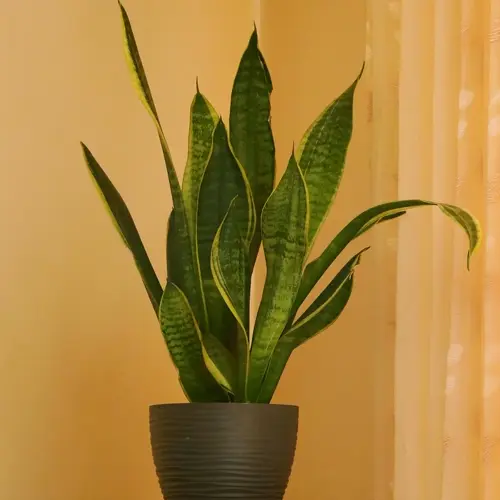Can I reuse soil from aphid-infested plants?

Written by
Liu Xiaohui
Reviewed by
Prof. Charles Hartman, Ph.D.In order to safely and effectively reuse soil that contains aphids, you will need to properly treat it to eliminate eggs and pathogens. Soil that has not been treated properly is a very likely source of spreading the infestation to new plants. I have successfully reused soil after applying specific decontamination methods; however, I will not reuse soil for susceptible species, such as roses.
Solarization
- Spread soil in 2-inch layers on black plastic
- Cover with clear plastic sheeting
- Maintain 14 days of direct sunlight
- Internal temps must reach 120°F (49°C)
Amendments
- Mix 1 cup neem cake meal per gallon of soil
- Add beneficial nematodes before reuse
- Incorporate 30% fresh compost volume
- Balance pH to 6.5 with agricultural lime
Freezing
- Requires 5 consecutive nights below 20°F (-7°C)
- Spread soil in shallow containers
- Turn soil daily for even exposure
- Combine with solarization for best results
Solarization effectively kills pathogens by collecting heat. Black plastic collects sunlight, and clear plastic creates a greenhouse effect. I can achieve temperatures of 120°F on a day with an air temperature of 80°F. Be sure to monitor with compost thermometers. Halfway through the process, turn over the soil to achieve a consistent treatment.
Neem cake amendments can provide residual protection because the azadirachtin stays in the soil and disrupts the life cycles of pests for up to 60 days after applying the soil amendment. I thoroughly mix the neem cake meal into my planting soil before planting. In addition to disrupting pests, neem cake amendments are also rich in nitrogen and contain other micronutrients that support plant health and vigor.
The effectiveness of freezing will depend on exposure to the right climate. The soil must freeze completely throughout its entire depth and undergo several cycles. For mild winter conditions, I will regularly freeze small, manageable amounts of soil indoors. Freezing soil that has been combined with solarization provides double protection against the more resistant eggs of aphids.
Rotating plant species will disrupt reinfestation. Soil that has previously been treated can never be used for similar plants the following year. I make sure I give roses new soil every year. I rotate tomatoes with beans, so I provide fresh soil for the tomatoes each year in the container. When I reuse soil, I mix in about 40% fresh compost. This breaks cycles of pest memory and disease cycles.
Before reuse, soil should be tested. Use magnification to examine for aphid castings. Conduct germination tests using radish seeds. I will still wait the full waiting period, despite the soil looking clean. Good root growth in comparison plants indicates that the treatment was effective.
Read the full article: How to Control Aphids: Proven Methods Guide
